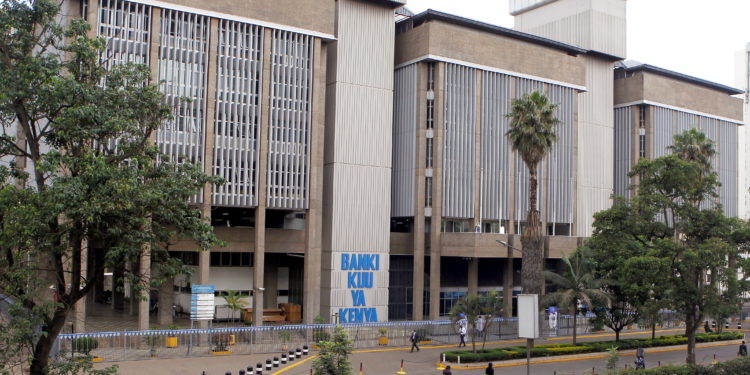Kenya’s banking sector is advocating for the Central Bank of Kenya (CBK) to maintain its current monetary policy stance at its upcoming meeting, citing stable macroeconomic indicators despite global headwinds.
The Kenya Bankers Association (KBA) expects the Monetary Policy Committee (MPC) to keep the Central Bank Rate unchanged at 13% when it meets on August 6, according to a research note released on Wednesday.
The association points to five key factors supporting this outlook:
“Headline inflation remains within the target range, and inflationary expectations are well anchored,” the KBA stated, noting that inflation declined to 4.6% in June, its lowest level since October 2020.
The note also highlighted that “economic growth remains resilient despite slowing global growth and weak private sector sentiments.” Kenya’s economy grew by 5% in the first quarter of 2024, driven by strong performance in agriculture and services sectors.
However, the KBA observed that “private sector credit continues to decelerate, reflecting tighter credit supply conditions mainly driven by deteriorating credit risk.” Private sector credit growth eased to 6.6% in April 2024, down from 7.9% in March.
The association noted that both short- and long-term market interest rates remain elevated, with the interbank rate standing at 13.2% as of July 26, mirroring the Central Bank Rate.
Lastly, the KBA reported that “the Kenya Shilling remains stable, supported by increased foreign exchange inflows from key exports and steady inward remittances.” However, it warned that emerging government financing risks continue to pose threats to exchange rate stability.
The banking sector’s stance comes amid a complex global economic landscape. The International Monetary Fund projects global growth at 3.2% in 2024 and 3.3% in 2025, with notable slowdowns in the US and Japan, and recovery in Europe and China.
Domestically, while the agriculture sector grew by 6.1% in the first quarter, the industrial sector’s performance remained subdued, with growth decelerating to 0.1% compared to 1.5% in the same period last year.
The KBA’s research note also highlighted concerns about deteriorating business conditions, citing the Purchasing Managers’ Index™ (PMI™) decline to 47.2 in June 2024, indicating rising input costs and a drop in output levels in the manufacturing sector.

















